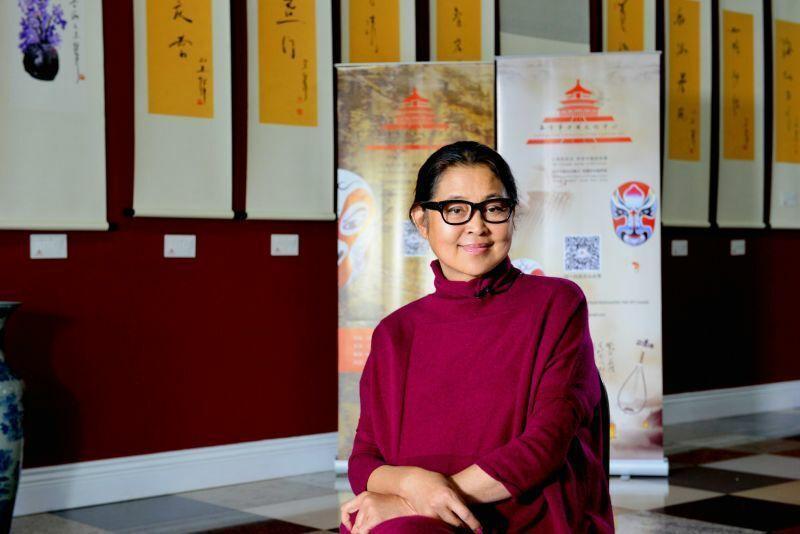There are so many cases of wealthy Chinese moving their assets, and then themselves, overseas—primarily to the United States and Canada—such that people pay them little mind. But when it was reported in the news that the “backbone of China” was moving to Canada to be with her son, it was no small matter.
Ni Ping, a household name in China for her roles as the host (thirteen times) for the state-run CCTV New Year Gala, and an award-winning actress, said she would move to Canada after her son finished his education in Los Angeles, reported Sing Tao Daily, a Chinese-language newspaper in Canada on Feb. 12.
That such a famous celebrity—and in particular, one so deeply involved in the state entertainment system—would leave China, is a sensitive subject in the country. Official media ignored the big news, for instance, and she later attempted to backtrack on her immigration plans in later interviews.




